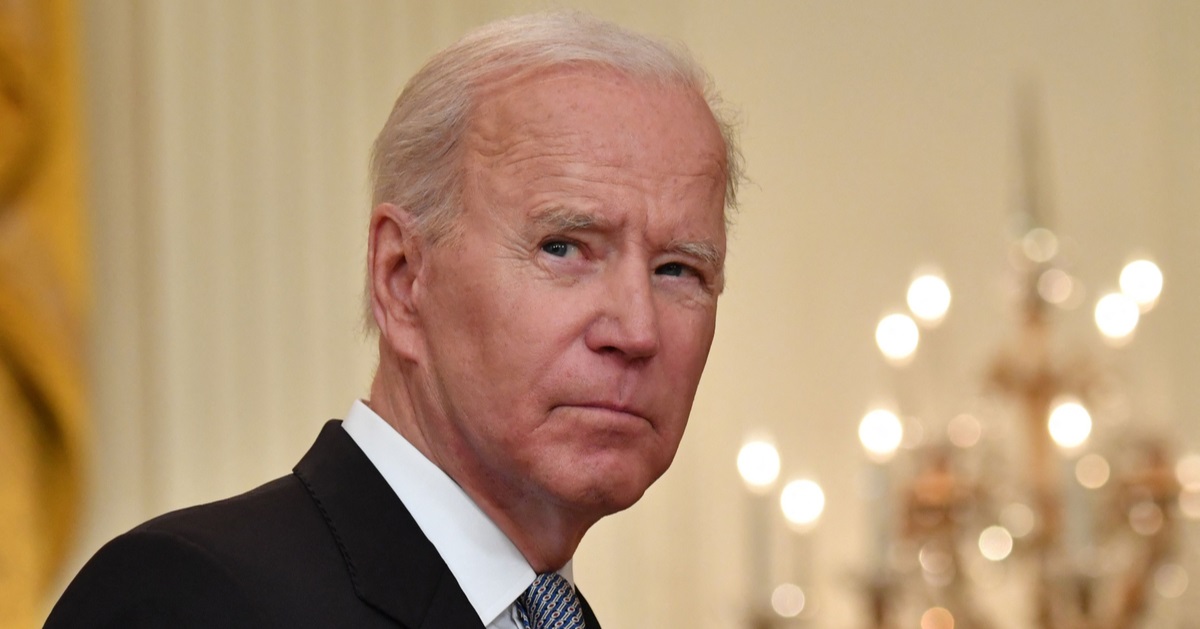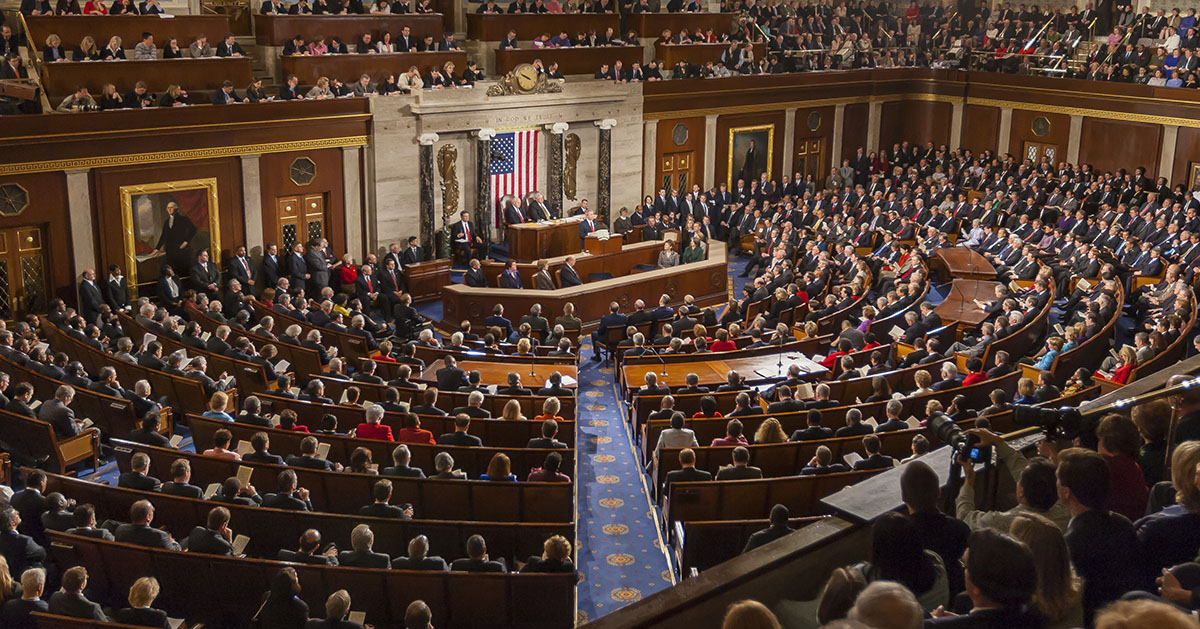Supreme Court wipes court ruling on teen seeking abortion without parental notice
The Supreme Court overturned a court ruling Monday that upheld the now-obsolete "right" of a teenager who sought an abortion without parents being notified.
The court gave no explanation for its decision to vacate an appeals court ruling siding with a Missouri woman who requested permission from a court to get an abortion when she was a minor.
But the move comes after the Supreme Court ruled in June that there is no constitutional right to an abortion.
Plaintiff Jane Doe had sought a "judicial bypass" of Missouri's abortion laws at the time, which required parental consent unless a court intervened.
Supreme Court overturns abortion ruling
A county clerk, Michelle Chapman, refused to grant the request without informing Jane Doe's parents of the hearing. Doe sued Chapman, claiming she violated her "constitutional right" to a judicial bypass hearing without parents receiving notice.
Chapman asserted qualified immunity, which protects government officials from being sued unless a plaintiff shows a clearly established right was violated.
A district court and the Eighth Circuit appeals court both ruled against Chapman, with the appeals court affirming that "parental consent statutes are unconstitutional unless they provide the pregnant minor an opportunity to seek a court order without notifying her parents."
But the case, Doe v. Chapman, was rendered moot when the Supreme Court ruled in June that there is no constitutional right to an abortion in Dobbs v. Jackson Women's Health Organization.
Chapman then submitted an appeal to the Supreme Court, which issued a brief order Monday vacating the appeals court's judgment and remanding the case with instructions to declare it moot.
Jackson dissents
Ketanji Brown Jackson wrote a brief dissent taking issue with the Supreme Court's readiness to vacate the decision, which she said strayed from precedent.
The parties had agreed the case was moot and requested vacatur under the Munsingwear precedent, which holds that a ruling should generally be erased if a pending case becomes moot because of intervening circumstances.
Chapman argued that happened in this case when Dobbs overturned Roe v. Wade. Allowing the appeals court's judgment to stand, she said, would expose "similarly situated persons" to unfair legal consequences.
But Jackson argued that the case did not become moot because of happenstance, noting that Chapman and Doe reached an agreement to end litigation.
“In my view, it is crucial that we hold the line and limit the availability of Munsingwear vacatur to truly exceptional cases,” she wrote.
But Chapman argued the request for vacatur was not extraordinary because the case likely would have been declared moot in any event, given the Dobbs decision.






